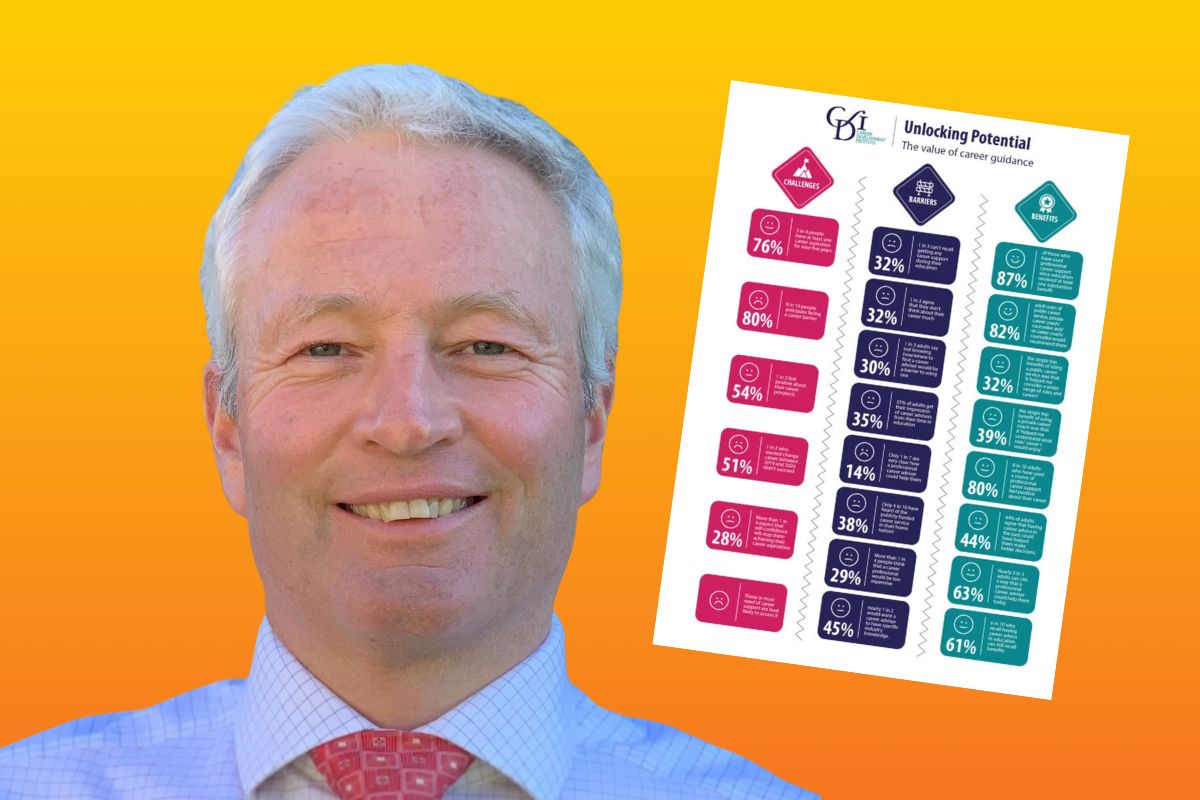UCAS Data Shows Record University Acceptances for UK Students in 2024″UCAS

- A record number of UK 18-year-olds have accepted a place at university or college in 2024, including record numbers of those from the most disadvantaged backgrounds.
- UK mature acceptances (aged 21+) also increased compared to 2023.
- International undergraduate accepted applicants via UCAS were down compared to the 2023 figures.
- More students are choosing to use Clearing to find a new course or destination.
UCAS end of cycle data for 2024, published today (Thursday 12th December) shows the number of UK 18-year-olds accepted to university or college is up 2.9% on last year’s figures, with 279,550 accepted in 2024, compared to 271,735 in 2023. This figure also exceeds the numbers seen during the pandemic, reflecting the growing 18-year-old population. Overall, the number of accepted applicants (all age/all domiciles) is up 1.9% to 564,940, from 2023’s figure of 554,465.
Today’s data also shows that 36.4% of UK 18-year-olds will enter higher education, up +0.7 percentage points on 2023, and the first year-on-year increase since 2021.
The number of UK 18-year-olds from the most disadvantaged backgrounds who accepted a place is also at a record high:
- In England, 42,670 students from IMD Quintile 1 accepted a place, up from 40,620 in 2023 (+5.0%)
- In Scotland, 2,145 SIMD Quintile 1 students accepted a place, up from 1,920 in 2023 (+12%)
- In Wales, 1,430 WIMD Quintile 1 students accepted a place, down from 1,455 in 2023 (-1.7%)
- In Northern Ireland, 1,100 NIMDM Quintile 1 students accepted a place, up from 1,095 in 2023 (+0.5%)
China remains the biggest share of accepted international student applicants
The number of international accepted applicants in 2024 has decreased by 2.3% (-1,665), compared to the 2023 cycle, though these figures only represent international undergraduate students who apply via UCAS. China remains the biggest share of accepted international applicants, but this year’s figures also reveal strong growth in accepted applicants from Turkey (+ 355 students, +33%), Kuwait (+350 students, +50%) and Nepal (+145 students, +19%).
The number of UK-domiciled mature students (aged 21+) who accepted a place also grew compared to last year, rising to 109,780 in 2024 from 106,195 in 2023.
UCAS has also found an increase in the number of students using Clearing, including significant growth among those choose to decline their original place and use Clearing voluntarily to explore and find a new course or university.
Dr Jo Saxton CBE, Chief Executive at UCAS said: “I am pleased to see an increased number of UK 18-year-olds accepting places at universities and colleges in 2024. But what I’m even more delighted about, is that we are seeing record numbers of disadvantaged students taking this important next step. Removing barriers — both real and perceived — is an absolute priority for us, and it’s encouraging to see those numbers growing.
“UCAS is here to help all applicants take their next step, and I remain committed to ensuring that everyone has access to the life-changing opportunities that higher education brings.”
Sector Reaction
Responding to UCAS data showing there has been a rise in the number of UK 18-year-olds attending university in 2024, Kevin Gilmartin, Post 16 Specialist at the Association of Schools and College Leaders, said:
“We are very pleased to see the increase in the number of 18-year-olds going on to higher education, including those from the most disadvantaged backgrounds, and it reflects the hard work of colleges and sixth forms in giving all their students the support that they need to take this step.
“We’d like to see more work done to make university affordable for all students however, as the current level of maintenance loans is often not sufficient for young people to be able to afford the costs of going to a university which involves living away from home, especially for those from disadvantaged backgrounds.
“There also needs to be greater investment in careers advice which can easily be accessed by providers and students and ensures that young people are able to identify the routes which best suit them – whether this be higher education, apprenticeships, or other training opportunities – and helps them to navigate to their chosen destination.”











Responses